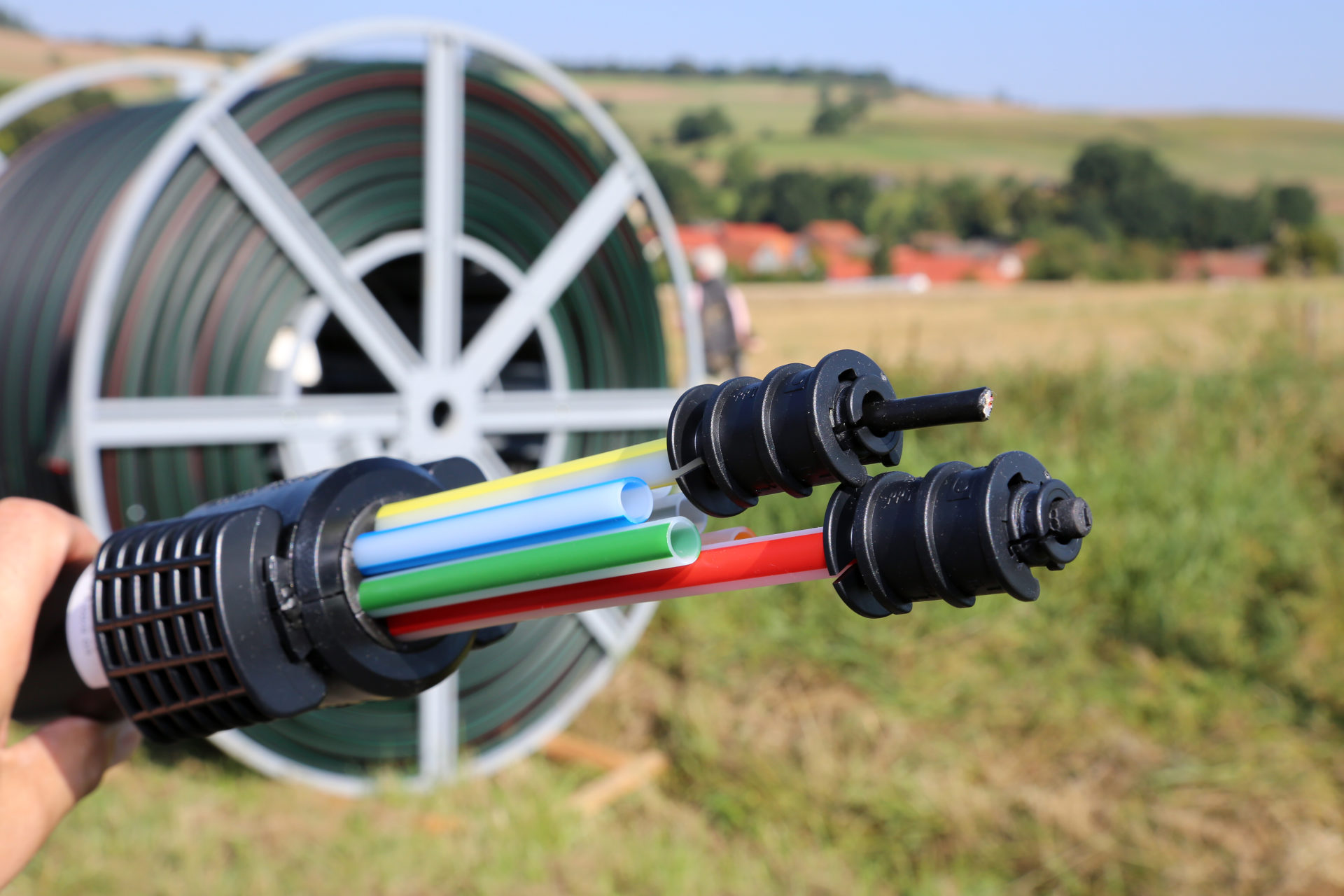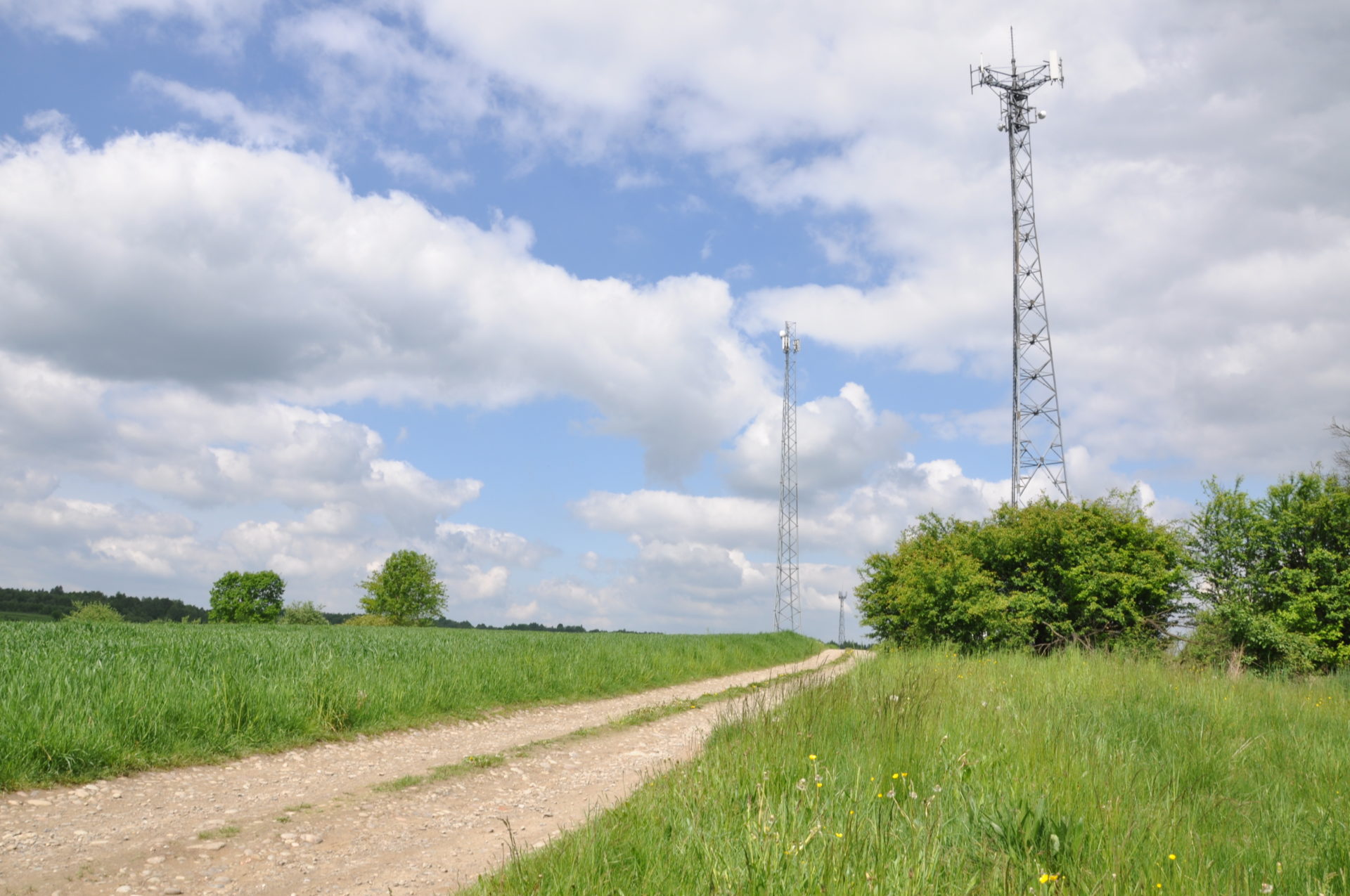How Broadband Connectivity Is Affecting Rural Areas
Unless you have been living in a cave or under a rock for the last 25 years you’ve probably heard of a little thing called the internet. This magnificent creation has allowed people to be connected to information in a way that nobody prior could have ever imagined. The internet allows billions of people around the world to have their questions answered at the click of a button. But how has this age of broadband internet affected people in rural areas?
Good vs bad broadband

It would seem that everyone is in the same boat when it comes to broadband connection, if your internet is working well then you never really talk about it, (unless you want the wifi password) but when its bad, well, the world may as well be coming to an end. But there are both positives and negatives of broadband. A poor broadband connection can cause a multitude of issues in both residential and business sectors, halting your daily routines and productivity.
The running of any business requires a high-speed internet connection for effective communication and delivery of goods and services, and not having enough bandwidth puts an SME business at a distinct disadvantage compared with other businesses with higher-end internet providers.
This is no different for rural businesses such as farmers, a study by the NFU shows that more than nine out of 10 farmers (91%) say broadband is an invaluable tool to help run their businesses. However, the majority (59%) felt the broadband speed they are able to receive is insufficient.
Broadband internet can help the farming industry in so many ways, being that good connection is not dependent on weather conditions, giving it a strong edge over other connection methods, as well as being fully flexible to your needs and very high speed once setup, allowing businesses to connect to customers in one easy platform.
What does this mean for the future of farming?

A major factor that is affecting people in all areas is that broadband internet is not static and the technology is becoming more advanced and complex year on year. Broadband technology is very diverse and based on constantly developing technology to ensure that broadband is the technology of now and the future.
This itself has problems for rural areas, and with almost two-thirds of farmers unhappy with their broadband speeds, more and more young people from farming families are moving to urban areas where speeds and connectivity are much better.
As a result, farmers have come under increased strain to meet higher standards with less access and opportunities to technologies. Therefore, services that better accommodate those in rural areas need to be in place to combat these issues, alongside finding solutions for high-speed internet and cell coverage to those who need it.
Let us know how you use broadband internet to help your agricultural business, and what you think the future looks like for the farming industry and rural areas.








